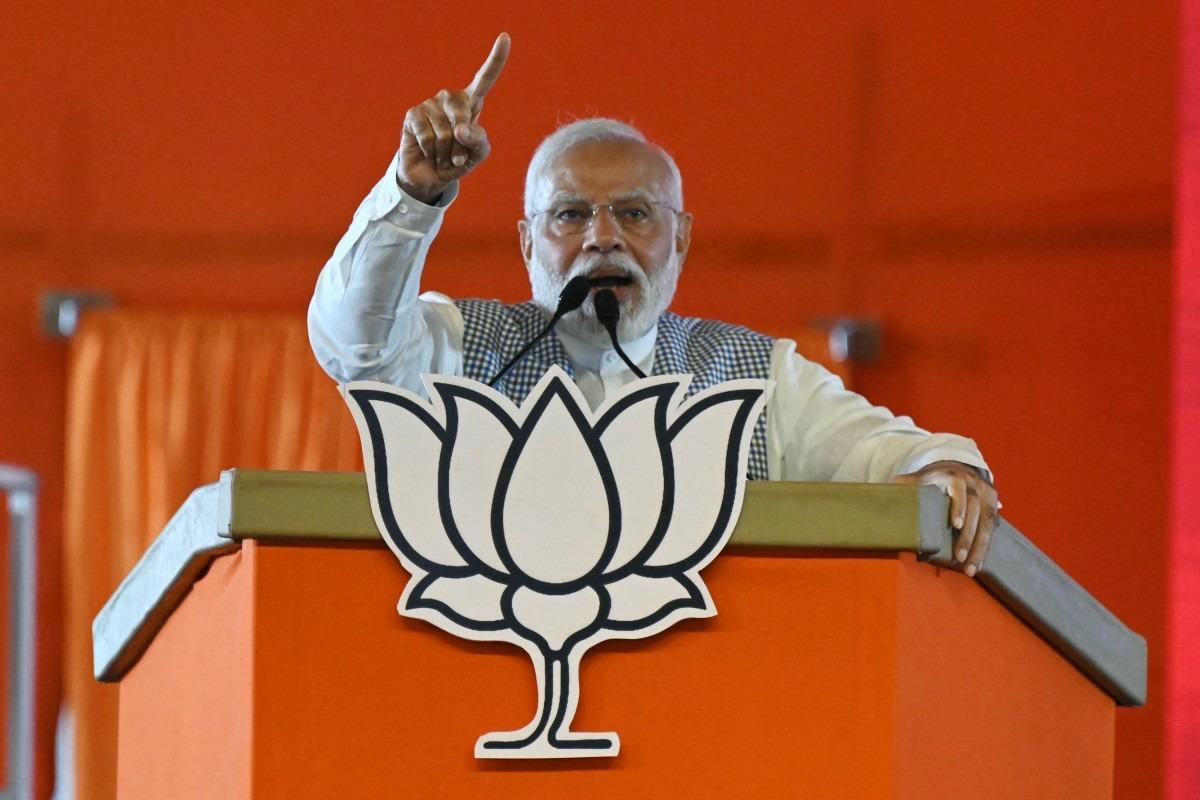As elections loom in India, the Modi govt's rhetoric faces widespread condemnation for its perceived anti-Muslim bias. Modi's recent targeting of Muslims during a rally in Rajasthan has sparked outrage among the populace.
Across India, voices, including those of former Indian prime minister Manmohan Singh, have criticized Modi's divisive tactics, stressing the nation's commitment to inclusivity. However, Modi's interpretation of Singh's statements at a national council meeting has stirred controversy, with accusations of deliberate misrepresentation.
Social media platforms buzz with dissent as citizens reject Modi's narrative and demand fact-checking of his claims. Prominent figures from journalism, activism, and commentary have raised alarms over the govt's propagation of communal ideology, urging authorities to uphold constitutional principles.
Journalist Shabnam Hashmi's inquiry echoes the sentiments of many, questioning the silence of law enforcement agencies in addressing Modi's behavior. The Indian populace has called upon the Election Commission to intervene, citing violations of the electoral code of conduct.
Observers warn of the consequences of mainstreaming religious hatred in governance, expressing disappointment in Modi's approach. As the world watches, India grapples with communal tensions caused by political agendas.
In the face of mounting criticism, Modi's actions have left many Indians disillusioned, underscoring the need for a united and egalitarian vision for the nation. As the election season unfolds, the discourse on communalism continues to shape the nation's political landscape.

























